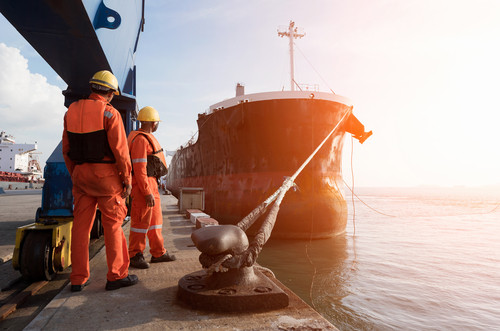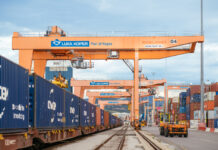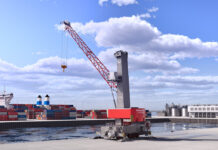
A new action plan launched at COP 27 by UN agencies, shipowners and trade unions makes recommendations to upgrade seafarers’ training to meet the shipping industry’s decarbonisation targets.
The research was conducted by maritime consultancy DNV and commissioned by the Maritime Just Transition Task Force Secretariat.
The plan responds to the findings of new research, modelling of which warns that up to 800,000 seafarers will need additional training by the mid-2030s.
The aim is for the shipping industry to switch from conventional fuels to alternative fuels and low and zero carbon technologies in order to meet the global target of holding global warming to 1.5C or less by 2050.
The study evaluated three emission reduction scenarios and highlights the urgent need to start building the training infrastructure to ensure that hundreds of thousands of the world’s nearly two million seafarers gain new skills and capabilities during the transition.
The findings further suggest that the lack of certainty about alternative fuel options is having an impact on seafarer training as the global maritime community works towards a clearer decarbonisation pathway in a post-fossil fuel era.
Sanda Ojiambo, assistant secretary-general and CEO of the UN Global Compact, commented, “Climate action focused on people and job creation must be at the core of a Just Transition to Net Zero. This new paper highlights that aligning with a 1.5 C trajectory requires action now to support the upskilling of the maritime workforce as the shipping industry moves to rapidly cut its greenhouse gas emissions.”
She added, “The action-plan represents a global first — it marks the first business sector uniting in a tripartite framework — shipowners, seafarers’ unions and UN organisations — to discuss how to secure a Just Transition together.”




